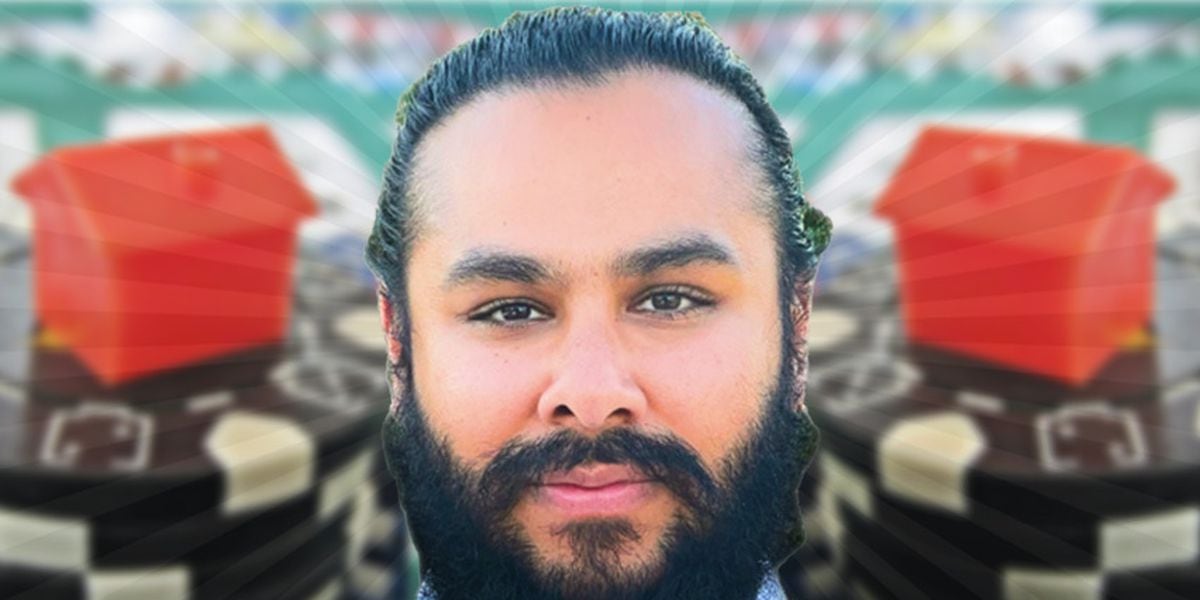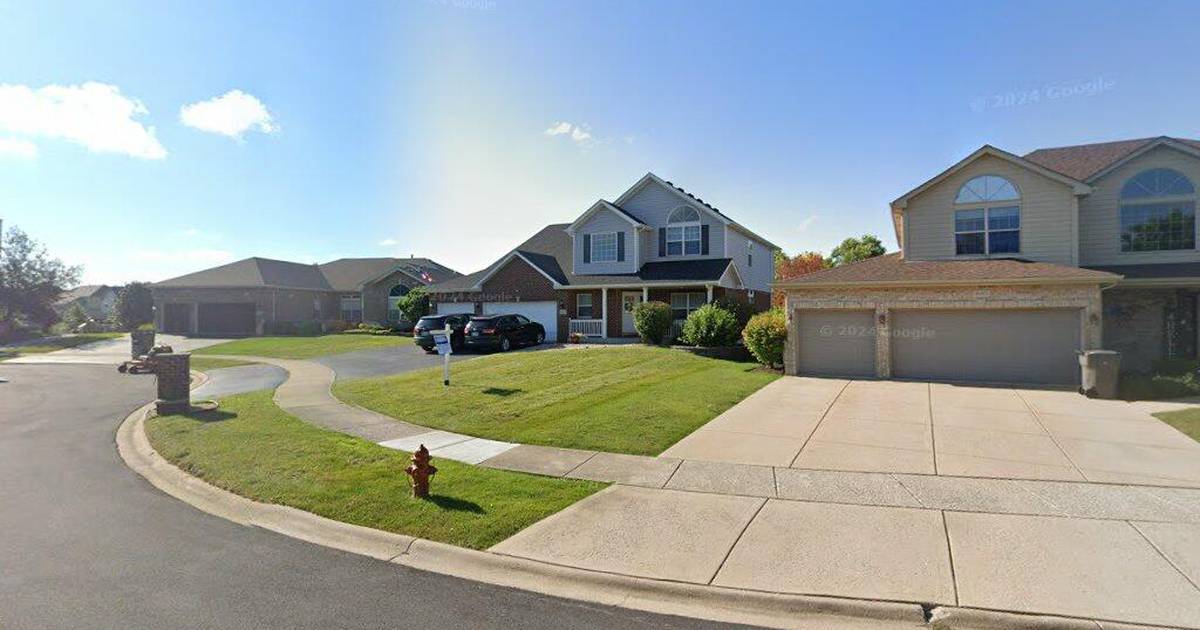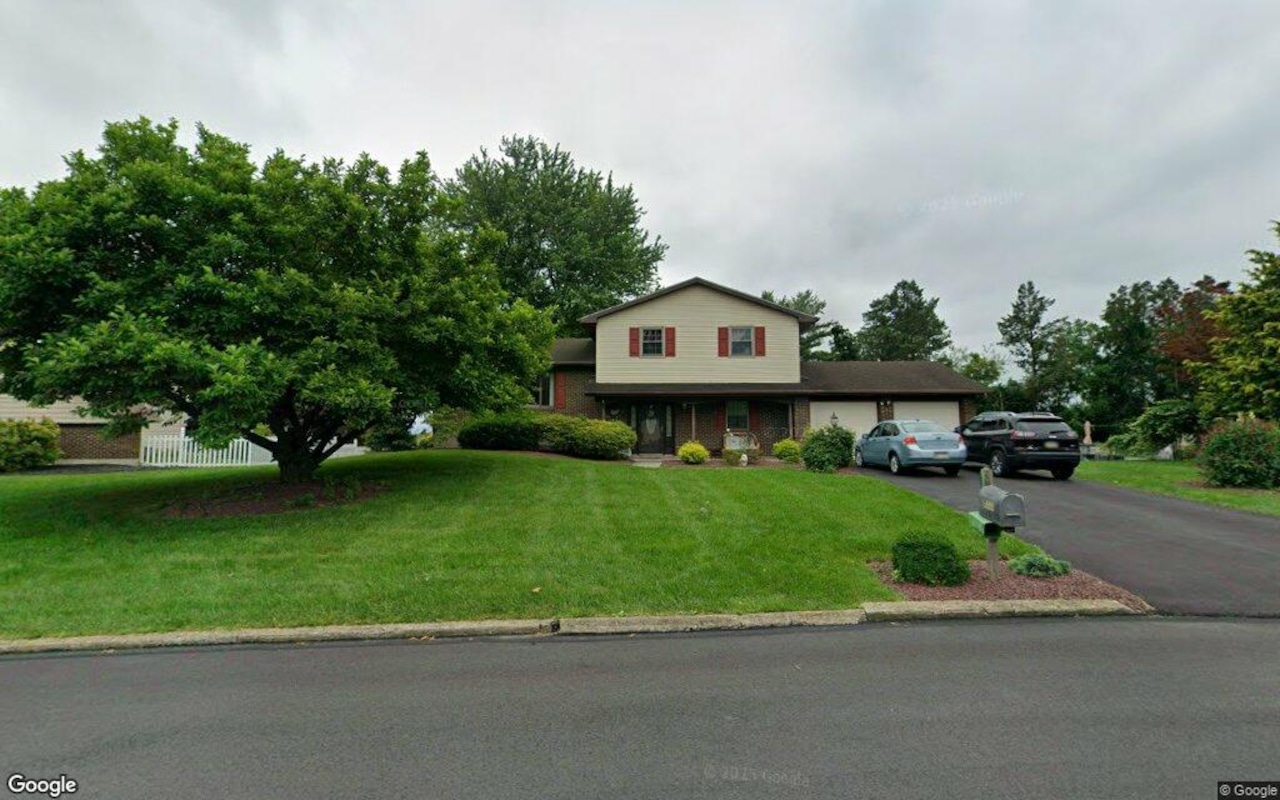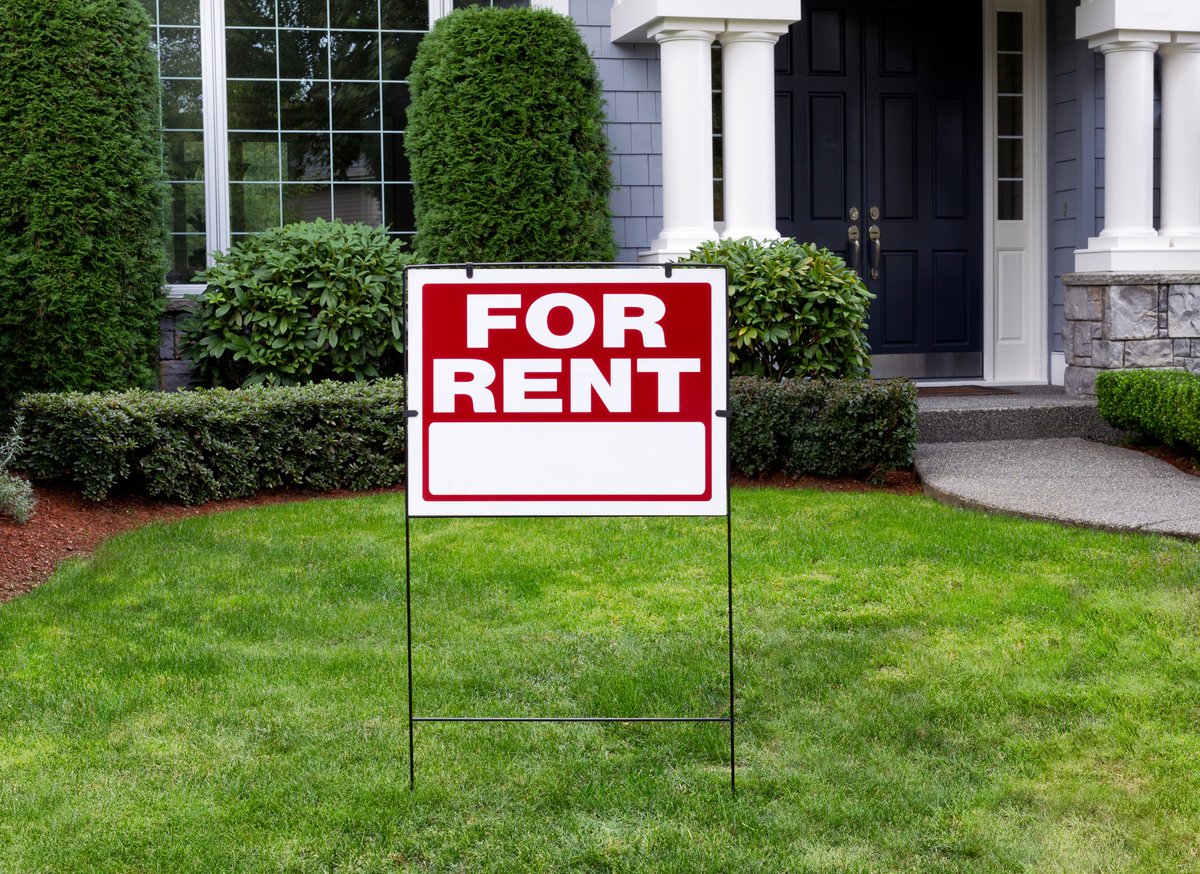A
CoinDesk investigation uncovered a secret business arrangement between Tangible's CEO Jagpal Singh and his brother Joshvun Singh, who runs BMS Luna Stacks. The brothers' companies bought properties at discounted prices and then flipped them to Tangible with markups as high as 21%. This practice has no justification, according to U.K. real estate professors who reviewed CoinDesk's findings.
Investor ZilAYO started noticing "red flags" in crypto real estate project Tangible a week before its collapse in October 2023. He had invested $50,000 in Tangible's flagship token, USDR, which promised stability and yield. However, the project was built on shaky ground, with investors unaware of the Singh brothers' lucrative arrangement.
Tangible spent investors' money buying over 200 residential properties to backstop USDR. Tenants' rents produced some of the yield, but the company withheld key legal details from investors who repeatedly asked for proof of ownership. The CEO's brother Joshvun was involved in buying and flipping properties to Tangible at inflated prices.
U.K. land records suggest that the upselling diverted at least £875,590 from USDR's treasury to the brothers' companies, but the true gap could be millions of pounds. Investors paid the price; any overpayment came out of money they had stashed in USDR's treasury.
Tangible representatives claimed that the markups were "previously disclosed" and covered "operational expenses." However, the company declined to answer a detailed list of questions, saying it's focused on the redemption process. Joshvun Singh did not respond to a request for comment by press time.
The collapse of USDR has raised concerns about the lack of transparency in crypto real estate projects. Proponents of "real world asset" (RWA) projects think crypto can pump liquidity into finance's quieter corners, but Wall Street firms move slowly, following every applicable financial regulation. Crypto companies, on the other hand, are freewheeling and set their own best practices.
Tangible was largely a British operation, but it tokenized real estate offshore, sidestepping U.K. regulations for REITs (real estate investment trusts). Investors liked USDR because they thought crypto was superior to stock market fare, but blockchains can also give you a better idea of what you are actually buying into.
A Tangible special purpose vehicle bought a two-bedroom home in Halifax, England, from Joshvun's company BMS Luna Stacks for £167,782. The property looked like a good deal, but U.K. land records confirm that the house was bought and flipped on the same day by the CEO's brother's company.
U.K. real estate professors said such price increases are unjustified and may be another example of the Singh brothers' markup scheme. A building and its land should be worth more than the sum of its flats, but Tangible hid other things from investors, including the identity of the seller and the full valuation report.
CoinDesk's analysis of records from the U.K.'s land registry shows markups from Jagpal's and Joshvun's companies added at least £875,590 to the price of Tangible's properties. The true gap could be millions of pounds, but investors are still waiting for their money back. Tangible must first liquidate nearly 200 U.K. properties worth nearly £27 million.
Investors who spoke to CoinDesk said they would not have touched the token had they known about the marked-up properties from related entities. After-the-fact disclosures don't cut it, and investors want clarity on these allegations just like any other investor with tens of thousands of dollars on the line.














